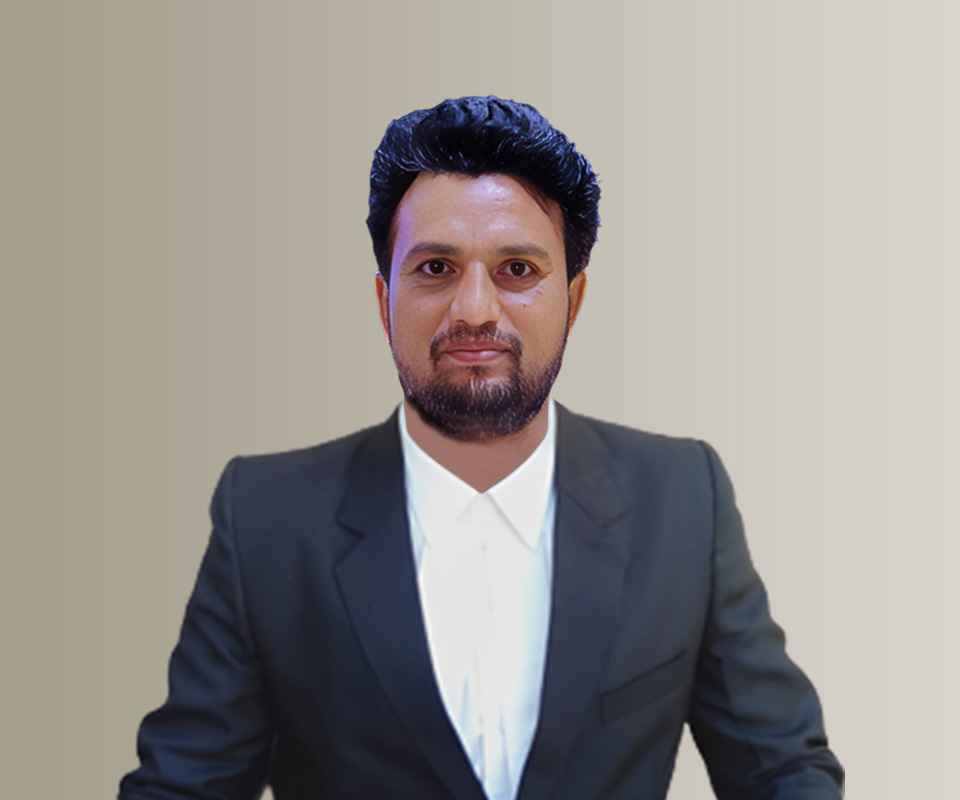Answer By law4u team
An oral will or holographic will is one that is made verbally by the testator (the person making the will) rather than in writing. While most wills are written to ensure clear and unequivocal evidence of the testator's intentions, oral wills are recognized in certain specific circumstances under Indian law. However, there are strict conditions under which an oral will may be considered valid.
Legal Requirements for an Oral Will to Be Valid in India:
Testamentary Capacity:
The testator must have the testamentary capacity, which means the person must be of sound mind and capable of making decisions regarding the distribution of their property. If the testator is mentally incapacitated, an oral will will not be valid.
Oral Will Only in Specific Cases:
Oral wills are generally considered exceptional and can be accepted in cases of emergency situations, such as when the testator is on their deathbed or facing some imminent danger (like going into battle, natural calamities, or accidents). In such situations, the testator might express their wishes verbally in the presence of witnesses.
Witnesses:
The oral will must be made in the presence of at least two witnesses. These witnesses are required to attest to the fact that the testator made the oral will voluntarily and with full understanding. Both witnesses must testify in favor of the will’s validity if required in court.
Witnesses' Affidavit and Recording:
In the case of an oral will, the witnesses are usually asked to provide an affidavit confirming the testator’s wishes. The statements made by the witnesses are essential to validate the oral will, as the will is not written down.
Recording the Oral Will:
In some cases, a recording of the oral will can help prove its validity. If the testator verbally expresses their will and it is recorded (for instance, in a video or audio recording), this may serve as additional evidence of the testator's intent.
Timing and Circumstances of the Oral Will:
If the oral will is made during an emergency, such as in the presence of a serious medical condition or during war or natural disasters, the court may accept the oral will provided the circumstances justify its authenticity.
Indian Succession Act (Section 67):
Section 67 of the Indian Succession Act, 1925, does allow for oral wills, but it has stringent conditions. For instance, oral wills are only valid in exceptional cases, like where the testator is in imminent peril of death and cannot make a written will.
Oral wills are not recognized under normal circumstances unless very specific criteria are met.
Procedure for Validating an Oral Will:
Death of the Testator:
After the testator's death, the heirs or beneficiaries of the oral will can approach the court to get the will validated. The court will then examine the witnesses' statements, the testator's mental state, and the circumstances under which the oral will was made.
Testimonies of Witnesses:
The key to validating an oral will is the testimony of the witnesses. These individuals must swear an affidavit confirming the testator's wishes. The court will rely on this testimony, along with the recording (if available), to decide whether the oral will should be honored.
Court's Role:
The court has the final authority in determining whether an oral will is valid. It will carefully review the circumstances, the testimonies of witnesses, and the intent of the testator. If the will meets all legal requirements, the court will pass an order recognizing it.
Example:
Consider a situation where Mr. Sharma is severely ill and is hospitalized. Believing he might not survive, he verbally expresses his wishes to his wife and son about how his property should be distributed. He mentions this in front of two of his friends who are present in the room. Later, when Mr. Sharma passes away, his wife and son want to enforce the will, but the property is disputed by other family members. In this case, the wife and son will need to bring the two friends (witnesses) to court to testify that Mr. Sharma verbally expressed his wishes. If the witnesses can attest to the oral will, and the court is satisfied with the circumstances, it may recognize the oral will as valid.
Important Considerations:
Oral Will’s Limited Use:
Oral wills are not commonly accepted, and written wills are generally preferred due to the ease of validation and clarity they provide.
Risk of Misunderstanding:
Oral wills can lead to disputes and misunderstandings, especially if there are no witnesses or if the witnesses have different versions of the events.
Challenges in Court:
Proving the validity of an oral will in court can be challenging, as there may be no written record to support the testator's intentions. The more witnesses and evidence (like audio or video recordings) there are, the stronger the case will be.
Conclusion:
In India, an oral will can be valid under specific and exceptional circumstances, such as when a testator is facing an imminent threat to life and is unable to write a will. The will must be witnessed by at least two people who can confirm the testator's intentions. However, oral wills are rarely recognized and are subject to strict scrutiny, so they should be used only in cases of necessity. For most people, a written will is the best option to ensure their wishes are respected after death.







